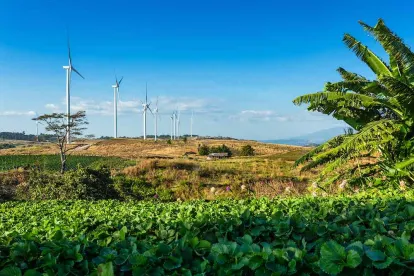As the climate crisis continues, we're now on the verge of meeting our energy needs through a combination of water, wind, and sun generated electricity. Sadly many Federal and State permits are needed to get that cleaner energy from where it is generated to where it is needed. The time it takes to obtain those many permits and defend them against countless legal challenges is keeping us from getting where we need to get in time. As proof of that proposition one need look no further than the beleaguered New England Clean Energy Connect project in Maine which is essential to Massachusetts meeting its GHG reduction goals.
Now the Biden Administration and some in the Senate, led by Senator Manchin, want to do something about that currently crushing challenge. Among other things, they would have projects transmitting renewable energy benefit from the same streamlining already available for pipeline projects. But the National Association of Regulatory Utility Commissioners says not so fast. Its Executive Director says the mind numbing delay in permitting essential transmission projects isn't the States' fault, it is the time it takes for projects to do what is necessary under the National Environmental Policy Act, including the judicial review of decisions under the Act.
I say the White House, Senator Manchin, and the Association are all correct. But the derailment of the New England Clean Energy Connect project has everything to do with state and local opposition and nothing to do with NEPA. I would add that the Federal legislation to be proposed would do something about NEPA delays though more could be done. So let's figure out what is necessary to address the current challenges faced by these essential projects under Federal and State laws and have Congress and the President quickly make what is necessary the law of the land.
“We don’t think that removing the states is actually going to reduce the time frames,” said Greg White, executive director of the National Association of Regulatory Utility Commissioners, which represents state officials. He called the permitting proposal “draconian,” arguing it does nothing to solve delays stemming from federal environmental reviews. NARUC has pressed the department to scrap the proposal and bring states to the table.




 />i
/>i

